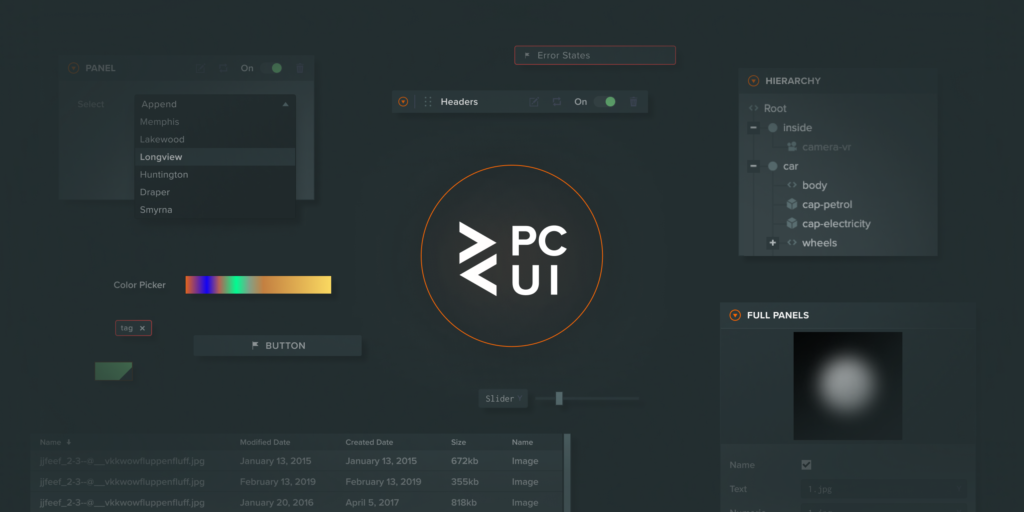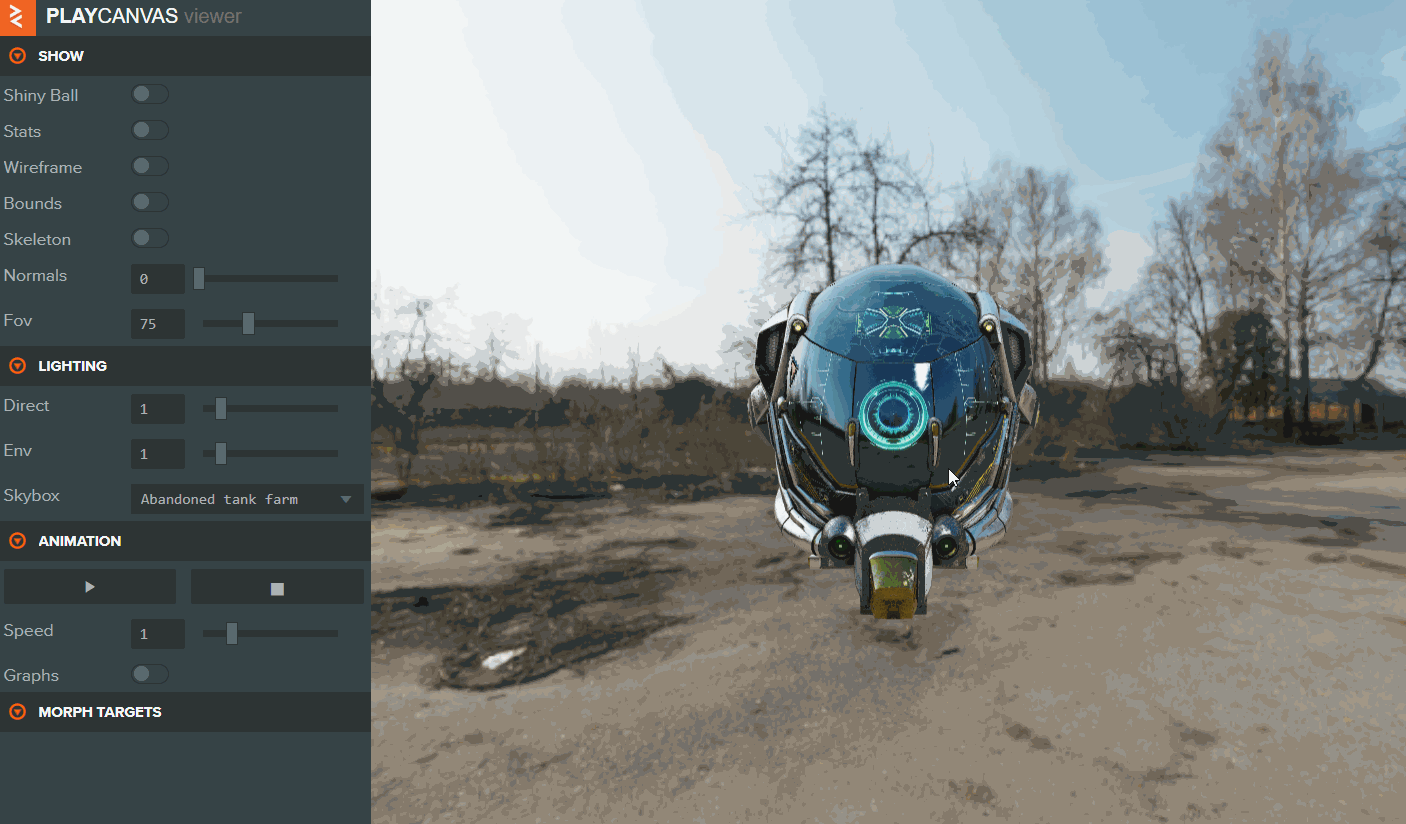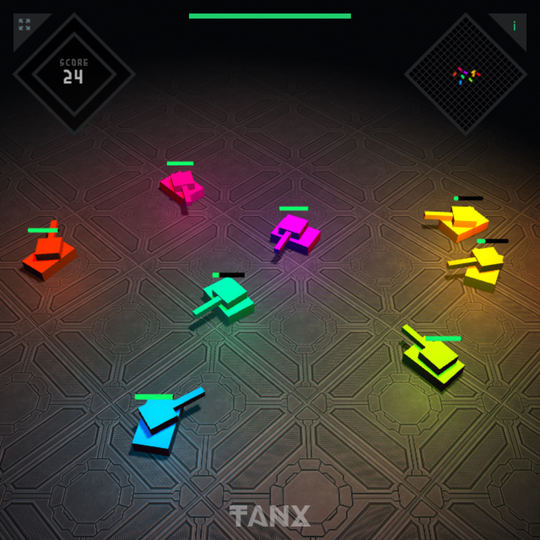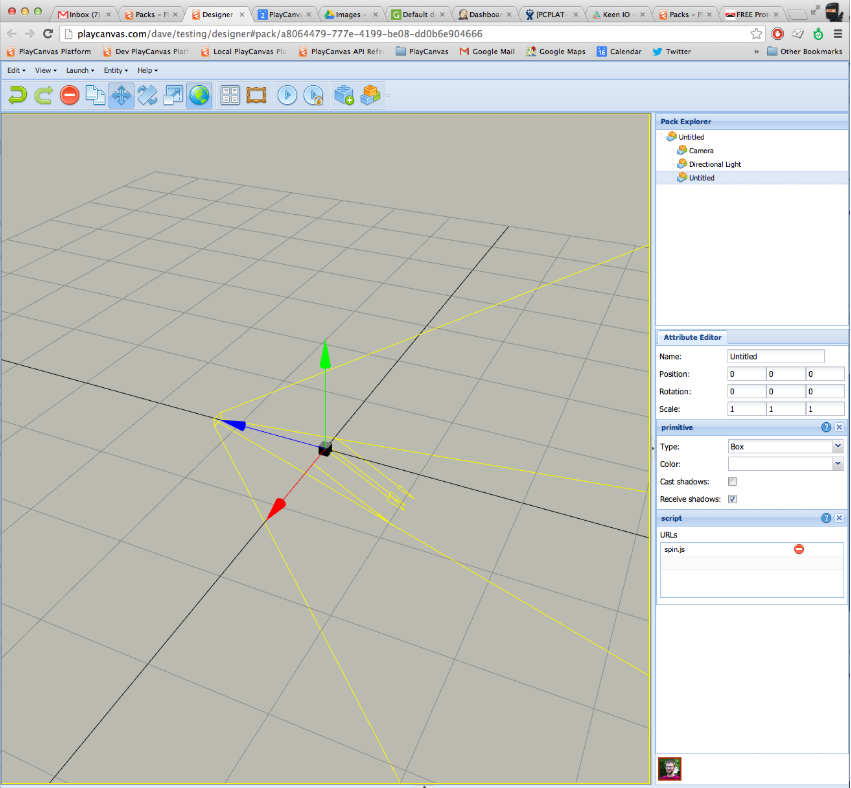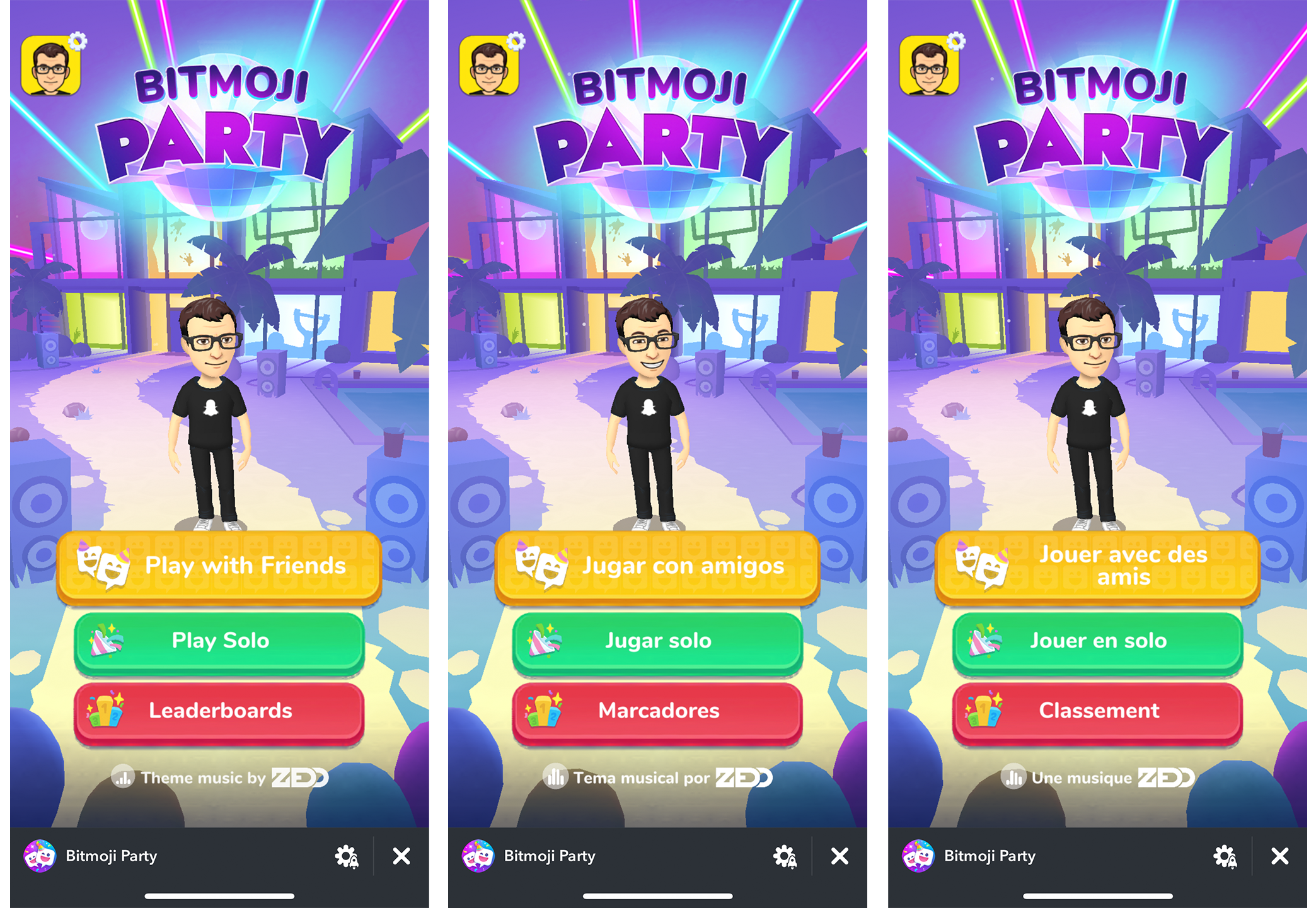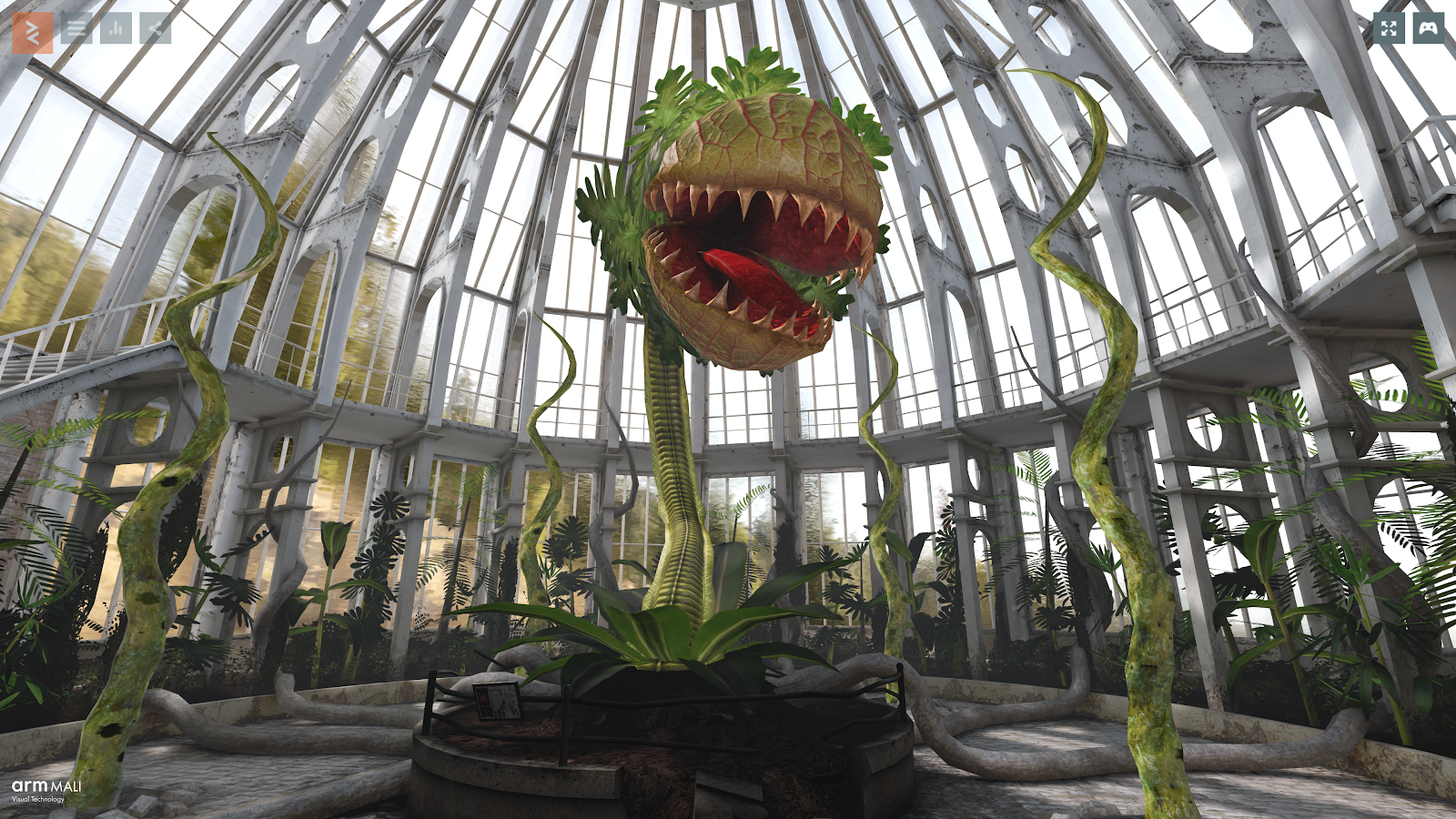PCUI 1.1.0 Adds Tree Control and Array Control
Back in October, we launched PCUI, an easy to use framework for building web-based tools. It already powers the PlayCanvas Editor and glTF Viewer applications.
Today, we're excited to announce our next major release for the library: PCUI 1.1.0. Check out the release notes for the details. But let's take a look at some of the highlights.

